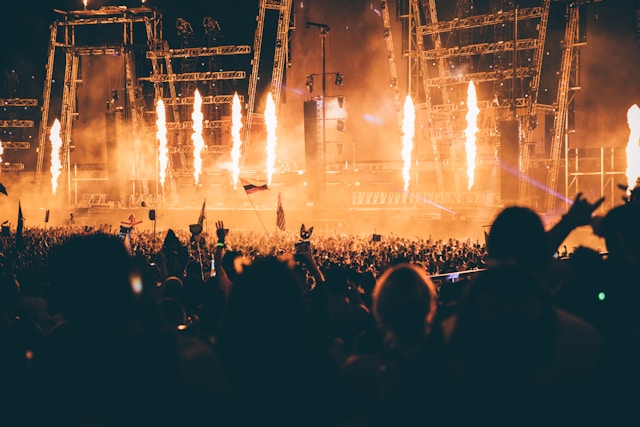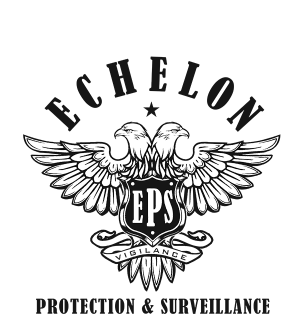
Here’s an in-depth look at the key responsibilities of concert security guards.
Entrance Security
Entrance security is the first line of defense at any concert. Security guards stationed at entry points check tickets, verify identification, and ensure only authorized individuals enter the venue. Their role extends to monitoring for forged tickets and preventing unauthorized access.
This responsibility helps maintain an orderly entrance process and minimizes the risk of overcrowding, a critical safety issue in large events. Guards also set the tone for the event, providing a visible security presence that reassures attendees while discouraging potential troublemakers.
Personal Searches
Concerts often have strict policies regarding prohibited items, such as weapons, drugs, or other hazardous materials. To ensure these items do not enter the venue, security guards conduct personal searches, including bag checks and pat-downs.
These searches are performed professionally and respectfully, with security guards trained to balance thoroughness with attendees’ privacy. By enforcing these policies, security personnel create a safer environment for everyone at the event.
Crowd Management and Safety
One of the most critical duties of concert security guards is managing large crowds. This involves directing foot traffic, preventing bottlenecks, and ensuring emergency exits remain clear. Guards are trained to de-escalate potentially volatile situations, such as disputes or unruly behavior before they escalate into larger conflicts.
Crowd surges and stampedes can pose significant risks in high-energy settings. Security guards help monitor crowd dynamics, redirecting or calming attendees as needed. Their presence fosters an atmosphere of safety, allowing concertgoers to focus on enjoying the music.
Boundary Surveillance
Concert venues often include restricted areas, such as backstage zones, VIP lounges, and equipment storage spaces. Security guards patrol these boundaries to ensure that only authorized personnel have access.
This surveillance role also extends to monitoring the venue’s perimeters for unauthorized entry or suspicious activity. By controlling these areas, guards protect valuable assets and ensure the privacy of performers and VIPs.
Handling Emergency Incidents
In an emergency—such as a fire, medical incident, or security threat—concert security guards are the first responders. They are trained to assess situations quickly, administer basic first aid, and guide attendees to safety. Their ability to remain calm under pressure is crucial in ensuring a coordinated and effective response.
Security guards also play a vital role in evacuation procedures. Whether it’s due to a sudden hazard or a planned drill, they guide attendees to exits in an orderly manner, minimizing panic and preventing injury.
EPS Conclusion
Concert security guards’ responsibilities extend far beyond monitoring crowds. From entrance security to emergency response, their roles are vital in creating a safe and enjoyable environment for attendees and performers alike. At Echelon Protection & Surveillance, we understand the unique challenges of concert security and offer comprehensive solutions tailored to each event’s needs.
Our trained security professionals are equipped with the skills and expertise to handle any situation, ensuring that your event runs smoothly and safely. By investing in experienced concert security, event organizers can focus on delivering unforgettable experiences while leaving safety in capable hands.


